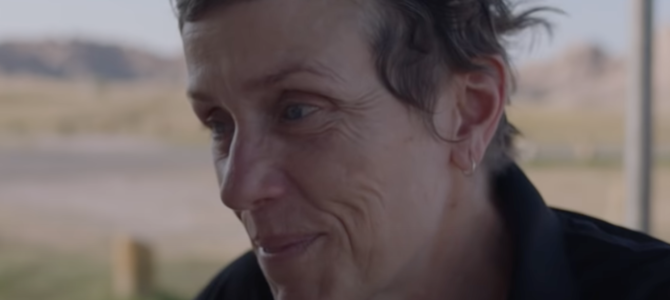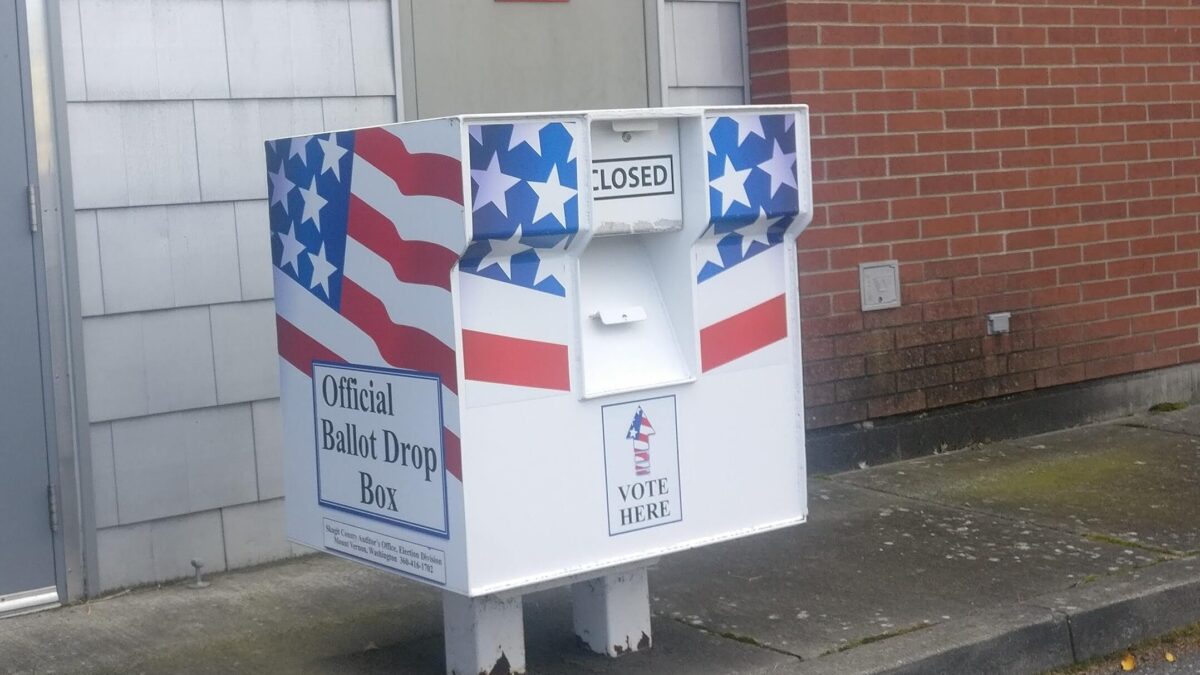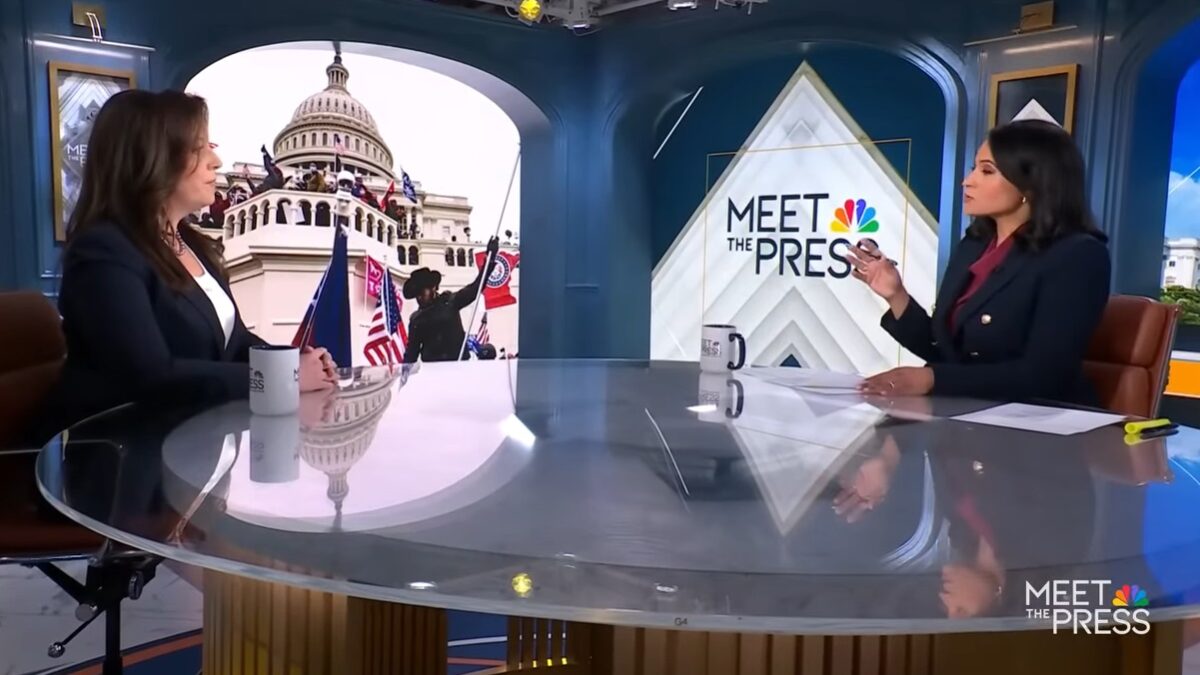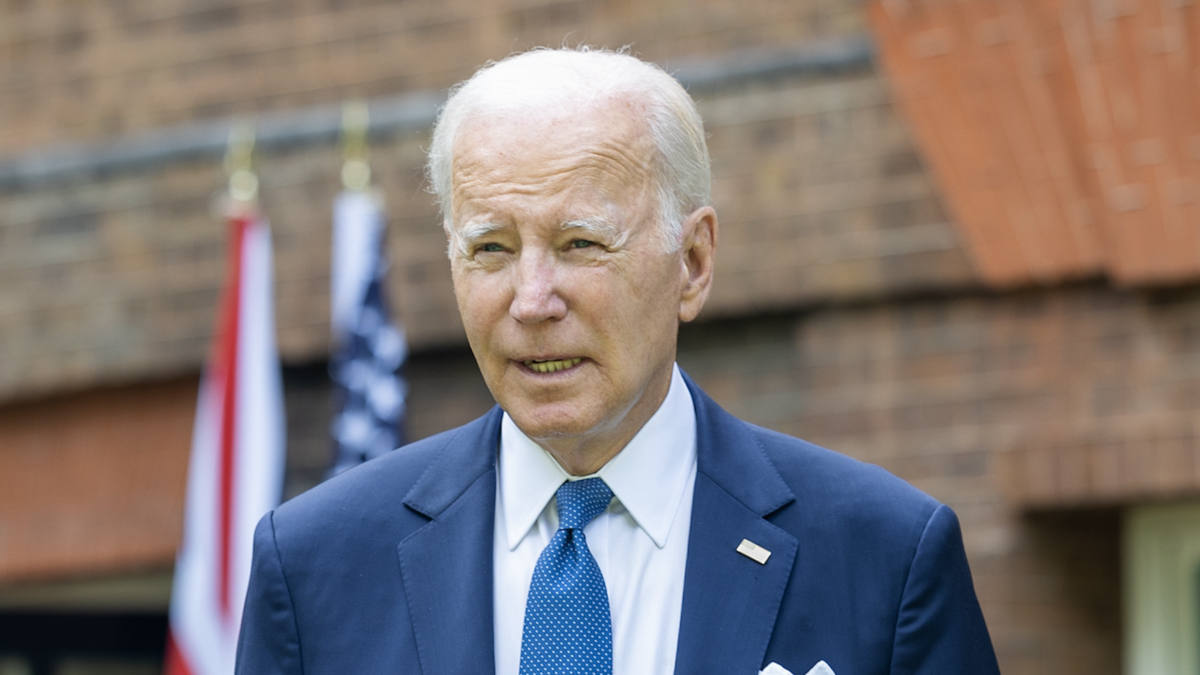
“Nomadland” is a patient and gracious glimpse at the resilient casualties of American decline. It’s empathetic, not patronizing, a real story of white-working class woes free of condescending or cartoonish cliches. It also graces the screen courtesy of a Chinese writer and director.
The film is a subtle cocktail of cultural conflict. Chloé Zhao’s directing is gorgeous and visionary. Her writing is sharp.
Born to prominent parents in China, Zhao attended boarding school in London, then high school in California, and film school at New York University. By the logic of hardened leftists, this should render her unqualified to tell the story of Fern, “Nomadland’s” very white, very working-class, very American protagonist. So how did she capture the story so movingly?
“Nomadland” is not an exceptional case study. It’s proof that erecting artistic barriers against cross-cultural exploration will cost us beautiful work. The challenge of respectfully exploring different experiences can push artists to greatness. It’s practically the entire task of acting and fiction writing. That can, of course, go horribly wrong. But, as Zhao demonstrates, it’s not inherently wrong.
Beijing is reacting to Zhao’s success with appropriate confusion. “Nomadland” is the tale of a seasonal Amazon worker struggling to find gainful employment in one of our many company towns now without much of a company at all—in this case Empire, Nev., and U.S. Gypsum Company. USG’s Empire plant closed in the wake of the Great Recession. (Gypsum was one of the Chinese goods on which Donald Trump imposed tariffs back in 2019.)
For Fern, seasonal Amazon work fills the USG vacuum to incrementally fuel her modest lifestyle. But it’s clearly not the same, and for reasons that go beyond the size of her paycheck.
There’s reasonable debate about whether Amazon’s creative destruction is good for American workers when you balance the benefits of new fulfillment jobs with the costs of innovations in automation. There’s less room for debate about how the company treats its workers, how its “wooing of Chinese sellers is killing small American businesses,” and its complicity in Chinese repression.
In the wake of her recent Golden Globe win, Chinese celebration of Zhao was fleeting after the circulation of perceivably anti-China sentiments she expressed in old interviews. According to screenshots, one paper reported that Zhao said there are “lies everywhere” in China, and another reported that she said the United States was “now her country.” That quote, according to a recent correction in the paper, was actually “not my country.” The “lies” quote disappeared from the original story in which it appeared as well.
On the line is a lot of money, not as it relates to “Nomadland,” but to Zhao’s other projects which were made on budgets that certainly factored in Chinese profits. Beijing is notoriously sensitive and notoriously punitive, which explains why those quotes were changed, likely under expert pressure from Hollywood operators.
Amid the backlash, however, another take emerged. On Weibo, Qiau Mu, identified by the New York Times as a former professor of communications at Beijing Foreign Studies University, wrote, “Chloé Zhao’s ‘Nomadland’ deeply reveals the crisis of America’s lower-class citizens and the difficult lives of its people. This should strengthen our pride in socialism and our self-confidence in the Chinese way.”
In other words, “Nomadland,” which relies on the acting of real people whose stories were chronicled in its literary inspiration, makes America look so bad that Zhao did China a great service by making it. It’s true the combination of our modernizing economy and persistent ethos of rugged individualism is leaving people—rural people—behind.
It’s true that while massive American companies like Amazon have created jobs here, they’re also suckers for cheap Chinese labor, even to the point of dubious ethics and legality. It’s true that cash-strapped ghost towns dot the stunning landscape of rural America.
But, of course, it’s also true that China is under the control of a genocidal regime that perpetuates human rights abuses, covered-up the coronavirus outbreak, censors art, censors speech, and mistreats its people. I’d venture to guess the Uyghurs would trade just about anything to swap their time in detention centers to live the life of a nomad in the American West, where people may be struggling, but freedom and equal opportunity are guaranteed. Contra Mu (and Tom Friedman), there really is no comparison.
While Fern has little money, she does have the freedom to find contentment in the nomad community. She has the freedom to rely (or not rely) on family and friends. She has the freedom to find work, which is menial and scare but fulfilling and dignified, as she herself insists. In the tension between Zhao’s sweeping shots of the vast and pristine West, shadowy scenes of Fern defecating in a bucket, and the harsh fluorescence of an Amazon warehouse, we’re invited to explore the tension of freedom itself.
It’s a rare, perfect movie for the times. In the scope of human civilization, of which it’s enormously easy to lose sight, we’re blessed to live in a country where Zhao had the freedom to capture the challenges of freedom. The corporate effort led by massive companies like Amazon to reshape our norms and laws to be more in line with China, where expression and economic liberty are restricted, would strip both Fern and Zhao of the freedom they need. “Nomadland” isn’t a gift to Beijing, it’s a gift to us.









